
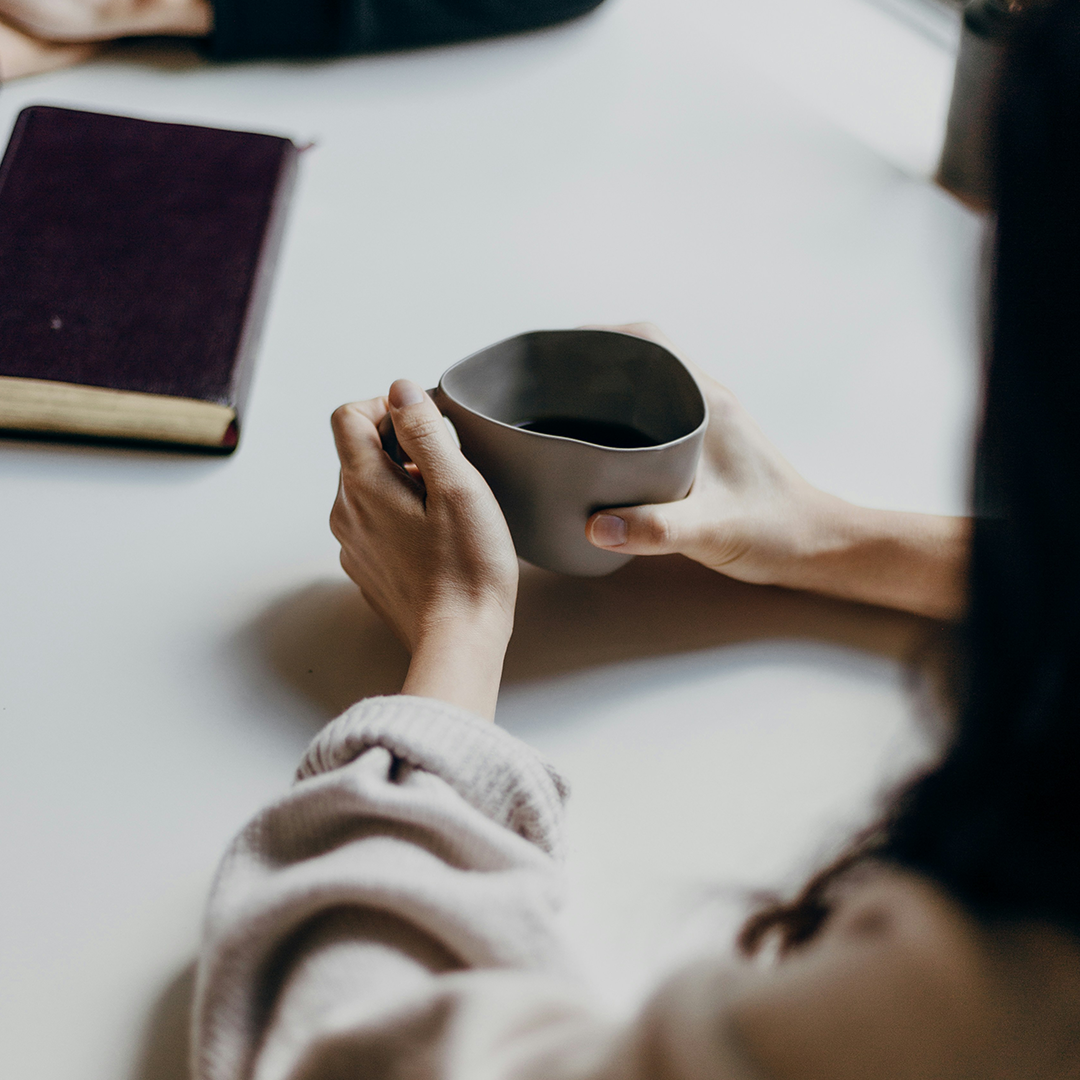
In today’s fast-paced world, finding time to relax can often feel like an insurmountable challenge. Whether it’s the pressures of work, family, or societal expectations, many of us struggle to give ourselves permission to take a break. As Martin Benefer from Barefoot Coaching points out, the struggle isn’t just about time; it’s also about mindset. But with the right approach, relaxation can become a regular, rejuvenating part of our lives—one that enhances our effectiveness and well-being.
Why We Struggle to Relax
According to Martin, many people hesitate to relax because of deep-seated beliefs that equate rest with laziness. “We just feel like we’re wrong if we don’t do anything,” he says. This mindset is often influenced by societal narratives that praise constant productivity and can make it difficult for individuals to take the breaks they need.
However, Martin emphasises that rest is crucial for maintaining both physical and mental health. Without it, we can become stressed, narrow-minded, and less effective in our work and personal lives. On the other hand, regular relaxation allows us to recharge, reflect, and sometimes even re-evaluate our approach to various tasks, leading to better outcomes in the long run.
The Role of Coaching in Promoting Relaxation
This is where coaching, particularly the approach used by Barefoot Coaching, can be incredibly valuable. Barefoot Coaching is known for its practical, client-centered approach, helping individuals and organizations unlock their potential through personal and professional development. Founded by Kim Morgan, Barefoot Coaching has become a respected name in the coaching industry, offering a range of services including accredited coaching training and one-on-one coaching sessions.
Martin, who is part of the Barefoot Coaching team, advocates for a technique that involves identifying and challenging limiting beliefs. “One of the techniques we encourage with people is a poster exercise,” he explains. “You just write down the beliefs that you have on post-its… and then look at those beliefs to see which ones are true, which ones maybe aren’t so true, and which ones are complete nonsense.”
This exercise is not just about relaxation but can be applied to any area of life where one feels stuck or overwhelmed. By examining these beliefs, individuals often discover that some of their limiting thoughts no longer serve them and can be discarded or rephrased. This process creates mental space, allowing for more effective and enjoyable relaxation and overall life balance.
Actionable Steps to Integrate Relaxation into Your Life
If you’re finding it difficult to relax, here are some actionable steps, inspired by Martin’s insights, that you can start implementing today:
Identify What You Need a Break From: The first step to effective relaxation is understanding what exactly you need a break from. Whether it’s physical exhaustion, mental overload, or emotional stress, pinpointing the source helps you choose the best way to relax.
Challenge Your Beliefs About Rest: Use the poster exercise recommended by Barefoot Coaching. Write down your beliefs about relaxation (e.g., “Resting is lazy,” “I don’t have time to relax”). Then, challenge these beliefs. Are they really true? Could they be rephrased in a way that allows you more freedom to rest?
Make Relaxation a Routine: Rather than seeing relaxation as a luxury or a once-in-a-while treat, make it a regular part of your daily routine. Whether it’s a short walk, reading a book, or simply sitting quietly, find what works for you and stick to it.
Seek Professional Coaching: If you find it challenging to make time for relaxation or struggle with other areas of personal development, consider seeking the help of a professional coach. Coaching can provide you with the tools, techniques, and support you need to overcome mental barriers and achieve a healthier work-life balance.
Start Small: You don’t need to overhaul your entire schedule to incorporate relaxation. Start with small, manageable changes, like setting aside 10 minutes a day for a quiet activity that you enjoy. Gradually, you can build up to longer periods of rest as you begin to see the benefits.
Conclusion
Relaxation is not just a nice-to-have; it’s a crucial component of a balanced, fulfilling life. By challenging our beliefs about rest and integrating relaxation into our daily routines, we can improve our effectiveness, creativity, and overall well-being. And with the support of coaching professionals like those at Barefoot Coaching, we can break through the barriers that prevent us from fully embracing rest.
As Martin Benefer reminds us, it’s not just about knowing that relaxation is important—it’s about giving ourselves permission to make it a priority. So, as you move forward, take these steps to heart, and remember that a little rest can go a long way in helping you achieve your goals
Enjoying these insights? Get more free tips and expert perspectives delivered straight to your inbox.
SIGN UP FOR UPDATESGet to Know Barefoot Coaching
Making the world a brighter place through exceptional coaching.
ABOUT US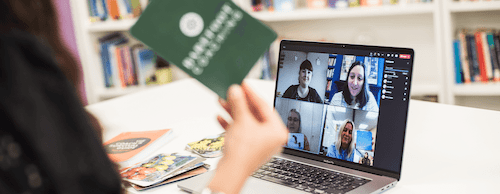

Chief Executive Office - MBA, PCC

Develop your coaching skills with ICF Level 2 accredited training — blending tools, psychology, and practice, grounded in real coaching experience. Open to all backgrounds, with University of Chester options.

Our workplace coaching offer develops leaders and teams through practical tools, psychology, and real coaching expertise — building cultures of trust, resilience, and performance across every organisation.

Our Leader as Coach programme equips leaders with coaching skills to inspire, engage, and empower. Blending theory with practice, it transforms everyday conversations into opportunities for growth.

This dynamic programme blends advanced learning on group and team dynamics with practical coaching experience — empowering you to coach teams confidently. Accredited with 40 ICF CCE points.
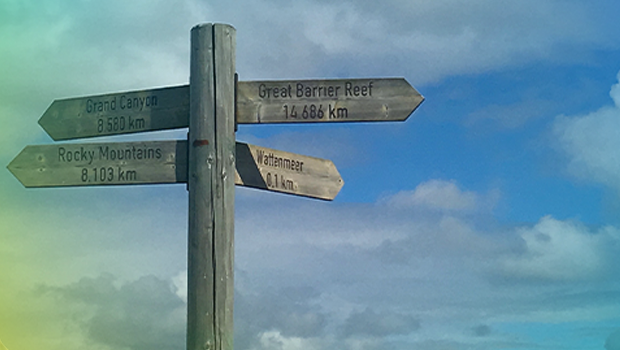
This pioneering programme builds the skills, insight, and empathy to coach clients through grief and loss in all its forms. Accredited with 40 ICF CCE points.
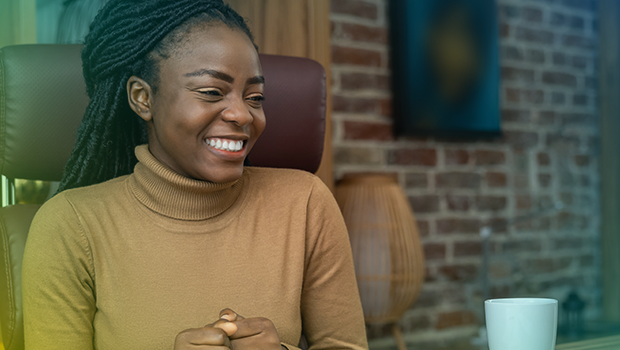
This university approved programme equips experienced coaches to become professional supervisors, guiding others with reflective, ethical, and practice-based methods. Accredited with 40 ICF CCE points.

Our open group supervision offers practising coaches a reflective, structured space to refresh, align ethically, and gain perspective. Put 10 hours of Coaching Supervision towards ICF Core Competencies.

Our bespoke one-to-one coaching unlocks personal and professional potential, fostering lasting transformation through a trusting, confidential relationship — far beyond a transactional experience.

This transformative programme supports women in organisations to thrive professionally and personally, overcoming barriers like people-pleasing and impostor syndrome while challenging norms and unlocking growth.

Our Leader as Coach programme equips leaders with coaching skills to inspire, engage, and empower. Blending theory with practice, it transforms everyday conversations into opportunities for growth.
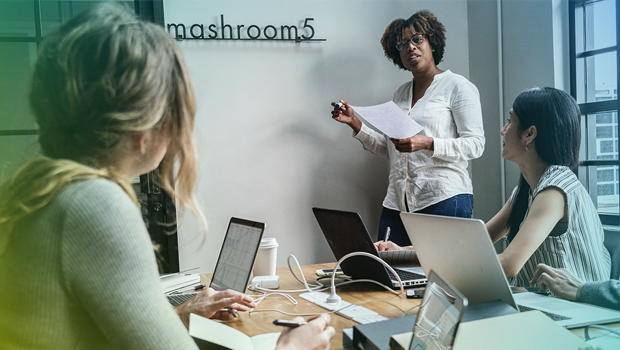
This dynamic short course equips accredited coaches to facilitate group coaching, supporting shared learning in safe, confidential environments. Accredited with 14 ICF CCE points.

Our team and group coaching programmes help organisations unlock collective potential, fostering collaboration, challenge, and shared learning — complementing one-to-one coaching for systemic impact.

Join Andy Chandler, CEO of Barefoot Coaching, in this on-demand session exploring applied psychology in coaching — equipping leaders, coaches, and HR/L&D professionals with practical tools to boost performance.

This year-long programme supports accredited coaches to launch, manage, or grow their coaching business, learning from experienced coaches and successful business owners. Accredited with 40 ICF CCE points.

A welcoming, foundation-level course introducing coaching techniques for personal and professional growth. No prior experience needed — open to anyone curious to explore coaching.
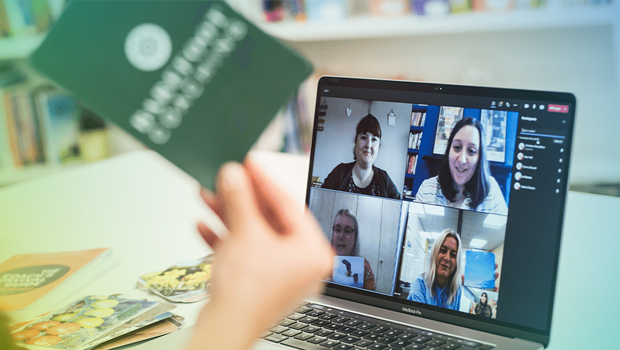
This dynamic programme empowers women to overcome people-pleasing and impostor syndrome. Through high-energy group coaching, participants build confidence, assertiveness, and the skills to thrive personally and professionally.
Trustindex verifies that the original source of the review is Google. I completed the Women’s Development Programme with Barefoot Coaching towards the end of 2024. It’s been an incredibly rewarding and insightful experience. Our course leader Julia was amazing, helping to create a safe and open environment for all those taking part. I wanted to do this programme with Barefoot to work particularly on managing feelings of imposter syndrome, and to also to build my confidence in both a professional and personal context. This course has provided me with the coaching tools and techniques required to overcome these boundaries and I’m excited to continue to implement these skills moving forward. I’d highly recommend this course to women of all ages looking to advance in all areas of life.Trustindex verifies that the original source of the review is Google. I recently completed the Women’s Development Programme and feel like I’m walking away with a clearer understanding of the importance of personal and professional boundaries and feel armed with strategies to push against self-doubt. I’d recommend this course to women struggling to manage challenging relationships and those wishing to break free from habits such as people-pleasing. I’m really looking forward to implementing my learnings and continuing to develop my approach to coaching communication. Thank you to the Barefoot Coaching team for this insightful experience!Trustindex verifies that the original source of the review is Google. I have just found my ‘Barefoot Coaching’ coaching cards from 2012, they are so valuable even after 9 years!Trustindex verifies that the original source of the review is Google. An amazing 12 days with the Barefoot Team working on Personal and Business Coaching. The tutors are incredibly knowledgeable, the theory wide-ranging and the practical sessions varied and valuable. I'd recommend this course and the Barefoot Team to anyone.Trustindex verifies that the original source of the review is Google. I chose Barefoot to consolidate my training as a coach in 2016. Everyone I spoke to beforehand about coach training providers said that Barefoot was the only choice - and they were so right Great tutors and course materials. Brilliant challenge and support. Excellent venues. You are made to feel part of Barefoot from day one . Lots of folk have said it, but life changing is the only way I can describe my experiences with Barefoot.Trustindex verifies that the original source of the review is Google. I recently completed the taught modules of the Postgraduate Certificate in Business and Personal Coaching with Barefoot. I wanted to be exposed to a broad range of coaching ideas, to have plenty of time to practice coaching and receive feedback and to meet like minded people who shared my passion. I was not disappointed. I loved every minute of the modules and was sad when the programme finally came to an end. Our cohort has been amazing and we continue to engage with each other via webinars and get togethers organised by ourselves. At no point in the process did I have any feeling that Barefoot was interested in selling places on this or other programmes. It was all about getting a good fit between you as a coach and their offerings. Great people. Very professionally run. Great materials. A good range of tutors from different backgrounds. All delivered with wonderful warmth and passion. Can't recommend highly enough.Trustindex verifies that the original source of the review is Google. What an amazing program, it has changed my life, I didn't know what I was going to use the training for or how it would change things for me or the people around me. It has proved the best decision yet 😁Trustindex verifies that the original source of the review is Google. I trained with Barefoot Coaching and can highly recommend the course. The breadth of learning and approaches, together with the great tutors and a very supportive cohort of students allowed me to challenge my existing thinking and develop as a coach in a way that was authentic to me. Completing the essays for Chester University also offered the opportunity to underpin the experiential learning with some academic rigor. The Barefoot team are all warm, friendly people and a pleasure to be around.Trustindex verifies that the original source of the review is Google. I did the PGCert course finishing in summer 2016. I had recently completed a degree in Psychology and wanted a course with academic grounding and accreditation. Barefoot surpassed all expectations - the teaching; the broad range of theories and tools ; the self development; the variety and enthusiasm of the intake; the excellent tutors and speakers. What I didn't anticipate was the support afterwards if you want it. For those that go into external coaching, it can be a lonely path. Barefoot offers routes to support that, be it coaching, supervision; CPD; alumni groups; conferences. I have just completed the Team Coaching course which was equally good. I believe the success of Barefoot lies in the passion of its originator, Kim Morgan, who is very evidently at the core of the business. All in all it was a wonderfully rewarding experience.Trustindex verifies that the original source of the review is Google. I trained with Barefoot Coaching back in 2014, on the back of a number of recommendations from colleagues. The course is a great mix of theory and hands-on work, led by a series of inspirational tutors, and there is a lively support system after completion, with supervision and conferences offered by Barefoot and a good alumni network. A brilliant course, highly recommended for anyone looking into a coaching qualification.Verified by TrustindexTrustindex verified badge is the Universal Symbol of Trust. Only the greatest companies can get the verified badge who has a review score above 4.5, based on customer reviews over the past 12 months. Read more

Develop your coaching skills with ICF Level 2 accredited training — blending tools, psychology, and practice, grounded in real coaching experience. Open to all backgrounds, with University of Chester options.

Our workplace coaching offer develops leaders and teams through practical tools, psychology, and real coaching expertise — building cultures of trust, resilience, and performance across every organisation.

Our Leader as Coach programme equips leaders with coaching skills to inspire, engage, and empower. Blending theory with practice, it transforms everyday conversations into opportunities for growth.

This dynamic programme blends advanced learning on group and team dynamics with practical coaching experience — empowering you to coach teams confidently. Accredited with 40 ICF CCE points.

This pioneering programme builds the skills, insight, and empathy to coach clients through grief and loss in all its forms. Accredited with 40 ICF CCE points.

This university approved programme equips experienced coaches to become professional supervisors, guiding others with reflective, ethical, and practice-based methods. Accredited with 40 ICF CCE points.

Our open group supervision offers practising coaches a reflective, structured space to refresh, align ethically, and gain perspective. Put 10 hours of Coaching Supervision towards ICF Core Competencies.

Our bespoke one-to-one coaching unlocks personal and professional potential, fostering lasting transformation through a trusting, confidential relationship — far beyond a transactional experience.

This transformative programme supports women in organisations to thrive professionally and personally, overcoming barriers like people-pleasing and impostor syndrome while challenging norms and unlocking growth.

Our Leader as Coach programme equips leaders with coaching skills to inspire, engage, and empower. Blending theory with practice, it transforms everyday conversations into opportunities for growth.

This dynamic short course equips accredited coaches to facilitate group coaching, supporting shared learning in safe, confidential environments. Accredited with 14 ICF CCE points.

Our team and group coaching programmes help organisations unlock collective potential, fostering collaboration, challenge, and shared learning — complementing one-to-one coaching for systemic impact.

Join Andy Chandler, CEO of Barefoot Coaching, in this on-demand session exploring applied psychology in coaching — equipping leaders, coaches, and HR/L&D professionals with practical tools to boost performance.

This year-long programme supports accredited coaches to launch, manage, or grow their coaching business, learning from experienced coaches and successful business owners. Accredited with 40 ICF CCE points.

A welcoming, foundation-level course introducing coaching techniques for personal and professional growth. No prior experience needed — open to anyone curious to explore coaching.

This dynamic programme empowers women to overcome people-pleasing and impostor syndrome. Through high-energy group coaching, participants build confidence, assertiveness, and the skills to thrive personally and professionally.
| Cookie | Duration | Description |
|---|---|---|
| cookielawinfo-checkbox-analytics | 11 months | This cookie is set by GDPR Cookie Consent plugin. The cookie is used to store the user consent for the cookies in the category "Analytics". |
| cookielawinfo-checkbox-functional | 11 months | The cookie is set by GDPR cookie consent to record the user consent for the cookies in the category "Functional". |
| cookielawinfo-checkbox-necessary | 11 months | This cookie is set by GDPR Cookie Consent plugin. The cookies is used to store the user consent for the cookies in the category "Necessary". |
| cookielawinfo-checkbox-others | 11 months | This cookie is set by GDPR Cookie Consent plugin. The cookie is used to store the user consent for the cookies in the category "Other. |
| cookielawinfo-checkbox-performance | 11 months | This cookie is set by GDPR Cookie Consent plugin. The cookie is used to store the user consent for the cookies in the category "Performance". |
| viewed_cookie_policy | 11 months | The cookie is set by the GDPR Cookie Consent plugin and is used to store whether or not user has consented to the use of cookies. It does not store any personal data. |